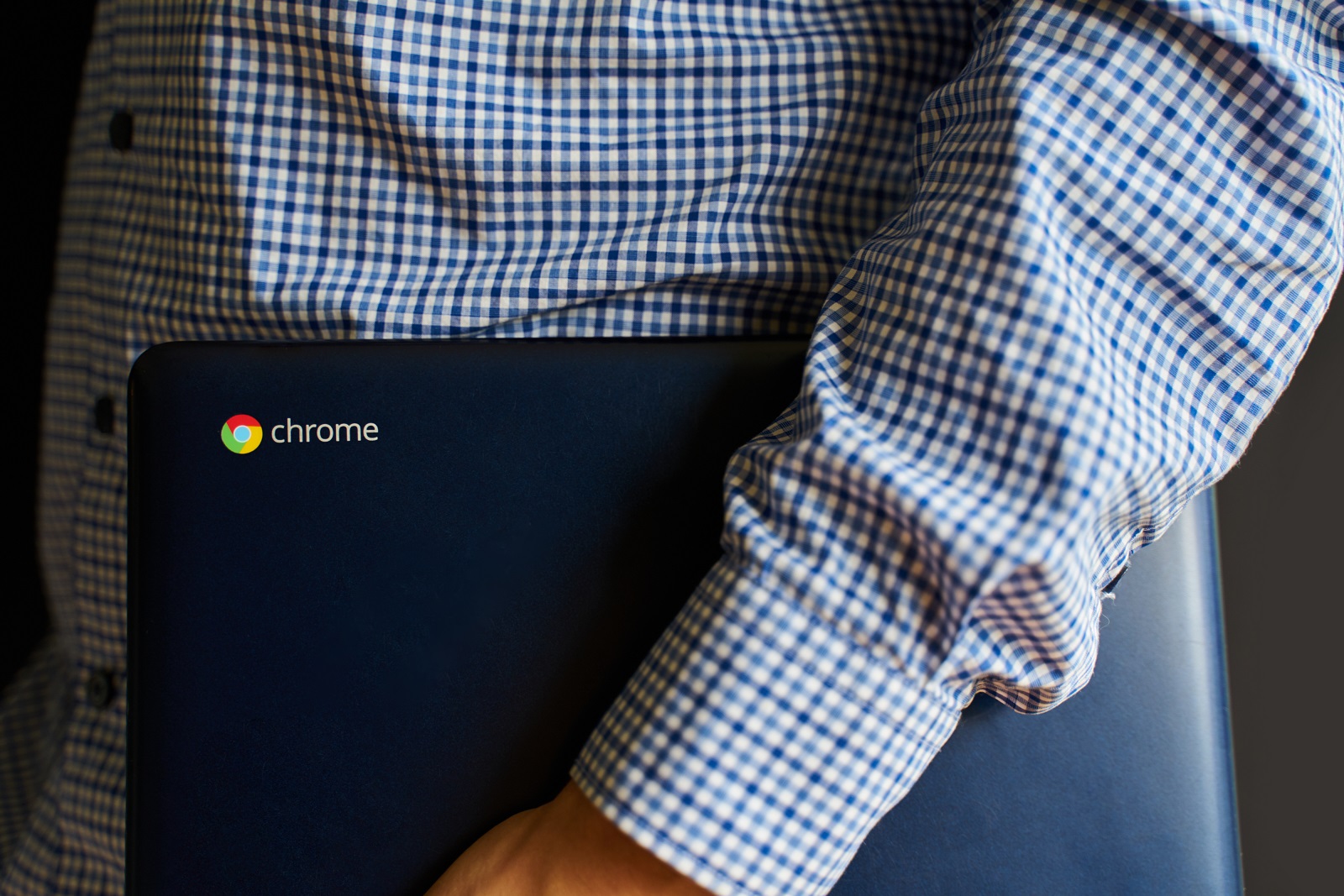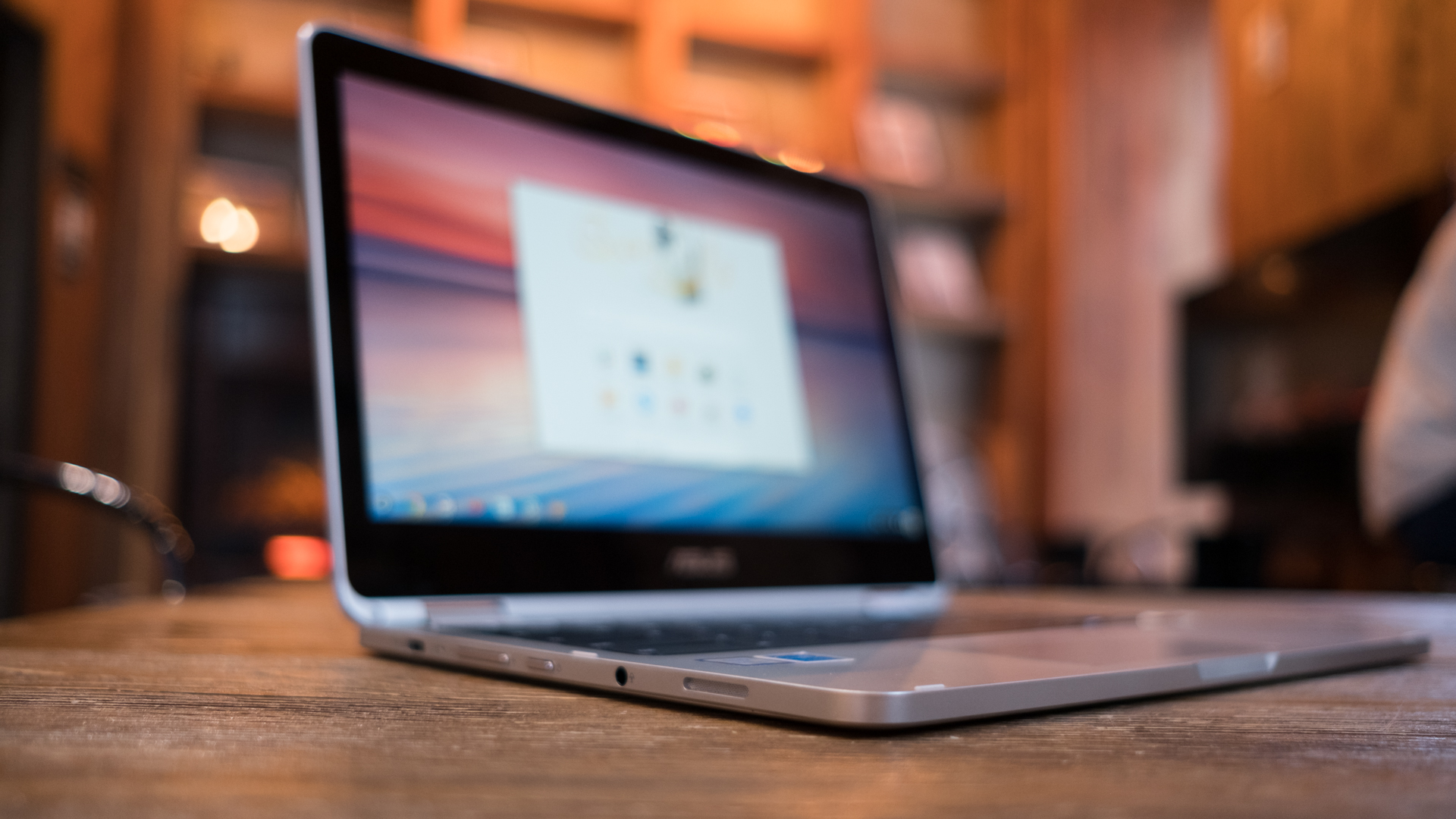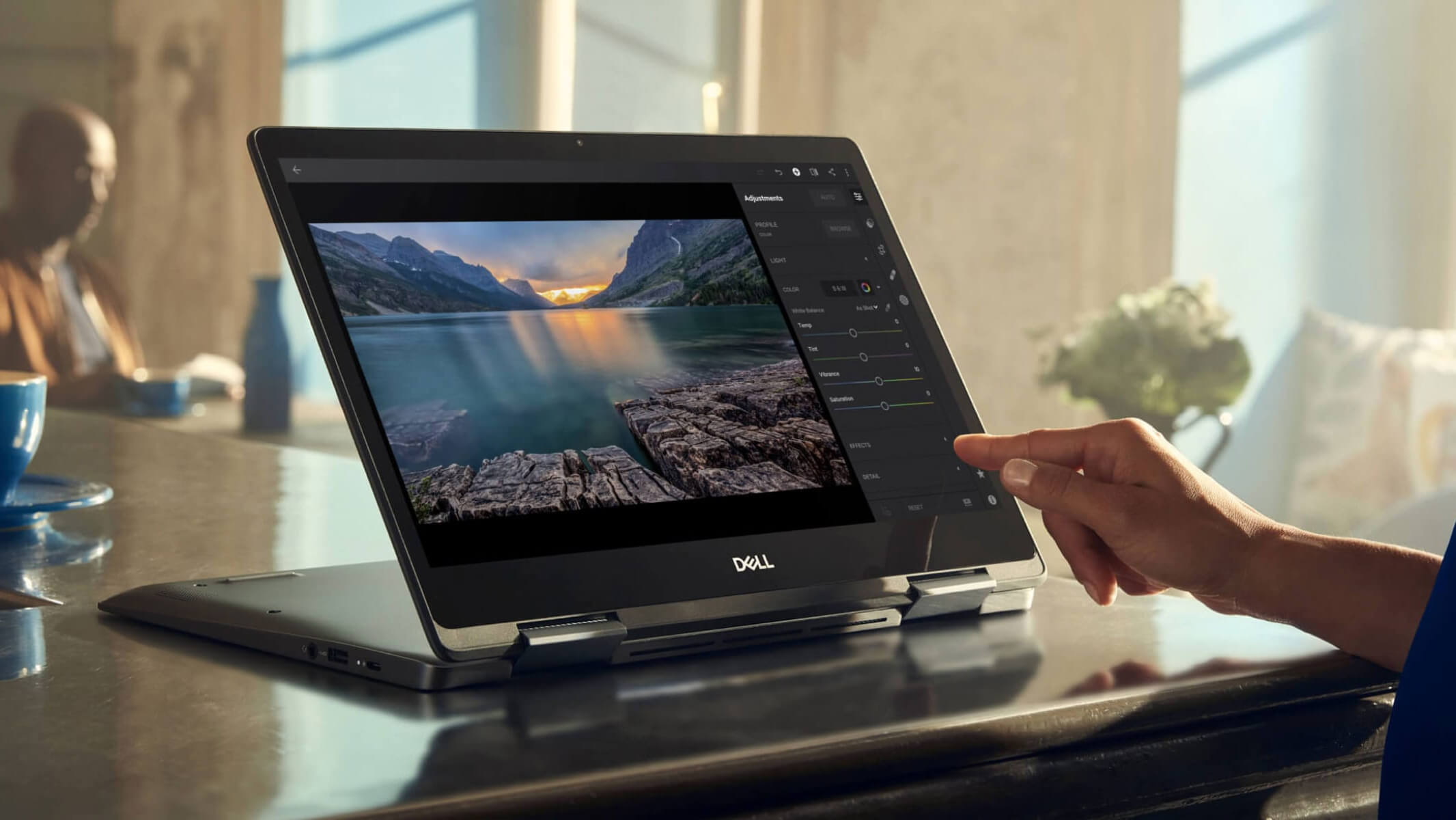A damning new report suggests Google has effectively sentenced old Chromebooks to death by ending support for them – a claim that the company has strenuously denied.
As The Register explains, a report by U.S. PIRG titled Chromebook Churn, alleges that after a spike in sales, mainly spurned on by the COVID-19 pandemic, Chromebooks bought by schools are now beginning to “fail”, causes excess electronic waste and “saddling schools with additional costs.”
According to the report, there are three main reasons why even the best Chromebooks are becoming unusable for schools:
- Manufacturers typically do not sell new spare parts or otherwise support repair.
- Computers have a built-in “death date,” after which software support ends.
- Design choices frustrate repair and reuse.
With points 1 and 3, the report criticises Chromebook manufacturers such as Asus, Acer and HP for creating Chromebook devices that are difficult to repair, and for not offering spare parts or repair services, so when a Chromebook becomes faulty, there’s very little owners can do other than discard the Chromebook. For schools which have heavily invested in Chromebooks, this issue becomes even more problematic due to the scales involved.
The report found that of 11 Chromebooks which U.S. PIRG had repairability scores (which are required in France), the Chromebooks all scored noticeably lower when it came to repairability and parts availability compared to standard laptops.
According to the report, “Acer does not directly sell spare parts for their devices,” while “HP claims to offer parts for Chromebooks at parts.hp.com, but searching reveals huge gaps in its practical use.” In this case, while HP claimed to offer parts for its Chromebook 11a, those parts were in fact the power adaptor and cord – not much use if the Chromebook needed internal repairs.
Asus, the other major Chromebook manufacturer singled out in the report, “offers a ‘Customer Self Repair’ program which claims to offer, “speedy, convenient option for notebook repair,” which is slightly better, but which the report notes may be of use to individuals, but not much use to schools and institutions that could have hundreds of units to repair.

Death date
While the report takes aim at Chromebook manufacturers, Google, the company behind the Chrome OS operating system they use, also gets flack for adding what PIRG calls a “death date”, but which Google calls “Automatic Update Expiration (AUE) dates.” Essentially, every Chromebook is apparently given a set date when it will no longer receive updates for Chrome OS.
While this doesn’t mean that the Chromebook will stop working on that date, it does mean it no longer gets security and feature updates, leaving it vulnerable to internet threats such as viruses. This is particularly worrying for schools whose Chromebooks are used primarily by children.
Also, PIRG claims there’s been reports of expired Chromebooks no longer being able to access certain websites due to not being able to pass a security check – a pretty major problem for Chromebooks, considering they rely so much on online services.
Hardware and software reaching ‘end of life’ phases is commonplace – Microsoft, for example, has stopped supporting older versions of Windows, such as Windows 7 and Windows 8. However, as the report suggests, those end of life dates came about after a much longer time than the ChomeOS AUE dates occurred.
For example, Windows 7’s end of life was 14 January 2020, 10 years after the operating system launched. Some Chromebook’s AUE are seven years after the model has launched – and due to how schools purchase Chromebooks, they might get the unit two or more years into the product’s life – which means the time before the AUE arrives is dramatically shorter. This could also impact individual users as well.
Crucially, you can upgrade a laptop or PC to a newer version of Windows when the current version reaches its end-of-life – as long as the device meets the minimum hardware requirements. However, with Chromebooks, there is less clarity about why a Chromebook cannot be updated to a new version of Chrome OS, and its difficult – if not impossible – to switch to a different operating system.
This leads to a situation where schools, institutions and even individuals may find that they have a non-functional Chromebook, despite its hardware being perfectly fine. This, again, is incredibly wasteful.

Google’s response
We contacted Google after reading the report, and were given the following statement:
“We’ve worked diligently with our hardware partners to increase the years of guaranteed support Chromebooks receive, and since 2020, we now provide eight years of automatic updates, up from five years in 2016. We also are always working with our device manufacturing partners to increasingly build devices across segments with post-consumer recycled and certified materials that are more repairable, and over time use manufacturing processes that reduce emissions.
Regular Chromebook software updates add new features and improve device security every four weeks, allowing us to continuously iterate on the software experience while ensuring that older devices continue to function in a secure and reliable manner until their hardware limitations make it extremely difficult to provide updates.”
Google’s move to extend support for Chromebooks is to be welcomed – however, the report claims that this extension shows that “AUE dates are a choice.”
I think that’s being a bit unfair – Chromebooks by their nature rely on internet services, rather than locally-installed applications, so keeping them updated with security features is incredibly important, and at some point Google does need to limit the number of devices it can keep supporting before things get unmanageable.
However, more transparency on when AUE dates are and why they are implemented would certainly help. It also doesn’t help if you bought a Chromebook in 2016 only to find it no longer supported, and therefore lacking features, after just five years.
Recommendations
The report is quite painful reading for Google and Chromebook manufacturers, as it undermines the main selling points of Chromebooks: their affordability, environmentally friendly nature and benefits as educational devices.
Chromebooks remain some of the best laptops for students in the world, and are devices I often recommend to people who are looking for a more affordable alternative to laptops and MacBooks.
The report suggests that “Chromebooks aren’t designed to last, but Google has the power to change that,” and lays out five ways to address its concerns.
The first is to “Extend expiration dates for Chromebooks” to 10 years after the model’s launch date. This, the report claims, will “allow school districts to greatly extend use, potentially allowing students to use the same Chromebook throughout the majority of their K-12 attendance. Decommissioned laptops could also be resold or refurbished to extend their life.”
The second is that “manufacturers should produce spare parts based on 10% of their stock,” and that this “will increase availability and keep prices low for institutions buying common parts in bulk such as keyboards, screens, and chargers.”
The third suggestion is that “Parts should be standardized across models and manufacturers” which would allow parts from broken Chromebooks to be used to repair others – even from different manufacturers.
The fourth is that “Refurbishers should be able to unenroll devices from remote management,” as certain Chromebooks can be locked down if it’s tied to an earlier user. This is an important security feature for individuals, but could cause issues for schools and institutions that expect many users to use one device over its lifespan.
The final suggestion is that “Google should make it easy to install alternative operating systems,” such as Linux.

These are admirable suggestions and would certainly increase the lifespan of Chromebooks – however, sadly I really can’t see many of them being adopted.
Extending the AUE would have financial and operational implications for Google that I can’t see the company being keen on, especially in the current climate. I also can’t really envision Google being keen on allowing users to install other operating systems.
Demanding manufacturers to produce spare parts of 10% of their stock also seems optimistic and doesn’t seem to factor in legitimate financial reasons why the manufacturers would do this. If they were, expect Chromebook prices to rise.
Also, as much as I’d love to see it, I struggle to imagine HP, Acer, Asus and other rivals putting aside their differences and standardising parts. Not only is there a rivalry, but they could also argue that this standardisation reduces product uniqueness.
The quick obsolescence of Chromebooks is a very important and concerning matter, especially if it is being artificially hastened by decisions Google and manufacturers are taking. I’m certainly glad that this report has highlighted such issues. However, I don’t think the suggestions it comes up with are particularly realistic, even though I wish they were.
Regardless, this is an issue that needs addressing, and I want Google and manufacturers to continue to give me good reasons to recommend Chromebooks to people.
from TechRadar - All the latest technology news https://ift.tt/HAXDOKI
via IFTTT

No comments:
Post a Comment